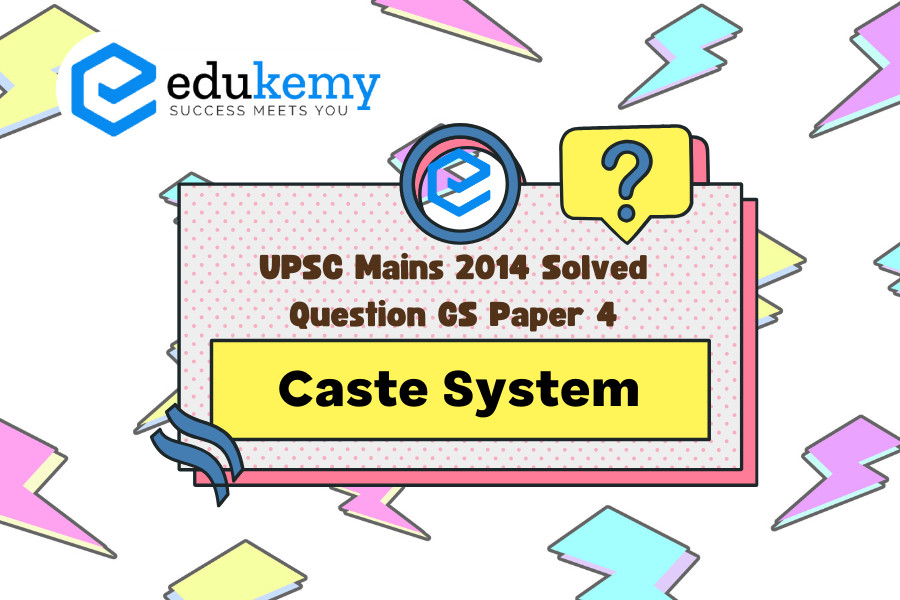The formation of an individual’s attitude towards social problems is influenced by a myriad of factors, reflecting the complexity of human perception and societal dynamics. These factors encompass personal experiences, cultural background, socioeconomic status, education, and media exposure, among others. Regarding the caste system, a fundamental social issue in many societies, starkly differing attitudes prevail. On one hand, some perceive it as an entrenched tradition reflective of cultural heritage, while others vehemently denounce it as a deplorable form of discrimination and oppression. The coexistence of such contrasting attitudes stems from historical legacies, entrenched power structures, and varying interpretations of tradition and morality. Additionally, socio-economic disparities perpetuate differing perspectives, with privileged groups often rationalizing or benefiting from the status quo, while marginalized communities advocate for change. These diverse attitudes highlight the intricate interplay of societal, cultural, and individual factors shaping perceptions of social issues.
Tag: Attitude.
Contents
Decoding the Question:
- In the Introduction, try to start your answer with a brief introduction on the factors that affect the formation of a person’s attitude towards social problems.
- In Body, contrasting attitudes you noticed about the caste system in our society and explanation of the existence of these contrasting attitudes.
- In Conclusion, try to end your answer by what needs to be done.
Answer:
Attitude is a learned tendency to see and evaluate things in a certain way. An attitude refers to a set of emotions, beliefs, and behaviors toward a particular object, person, thing, or event.
There are several factors that influence an individual’s attitudes towards social problems. These include:
- Family and social background
- Economic status
- Education
- Age
- Occupation
- Membership in an urban or rural community
- Ideological views
- Personality traits.
Some of these factors are interdependent. For example- people either support or oppose the caste system. These contrasting views depend on the interplay of factors impinging on one’s attitude to the caste system. Members from traditional, conservative, orthodox and rural households may support the caste system. They are part of its hierarchy; their relatives and friends are from the same caste; they tend to marry within caste. They have no exposure to modern social or economic trends or occupations. In contrast, those with urban, educated background and working in far off states in modern sectors and meeting diverse groups will have weaker caste affiliations. Caste barriers are weakening, though caste based political mobilization is gaining strength.
Another example can be drawn from history. Keshab Chandra Sen was an active reformer (member of Brahmo Samaj) against child marriage but he married his daughter below marriable age.
Attitudes affect our behaviour. Such attitudes need to be changed to ensure the ‘egalitarian interface’ envisioned as constitutional values (Article 14).
In case you still have your doubts, contact us on 9811333901.
For UPSC Prelims Resources, Click here
For Daily Updates and Study Material:
Join our Telegram Channel – Edukemy for IAS
- 1. Learn through Videos – here
- 2. Be Exam Ready by Practicing Daily MCQs – here
- 3. Daily Newsletter – Get all your Current Affairs Covered – here
- 4. Mains Answer Writing Practice – here


